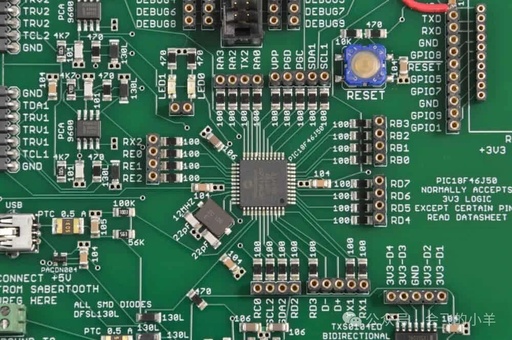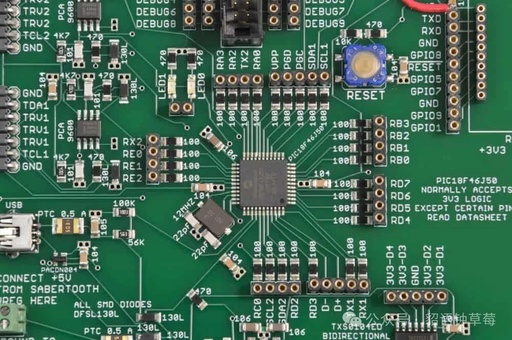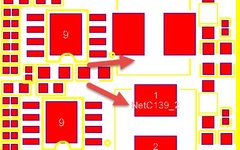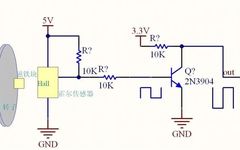Key Points in the Layout Design of Open Source Hardware Arduino Expansion Boards
The key points and best practices for PCB layout design of Arduino open source hardware expansion boards.In the Arduino ecosystem, the PCB design of expansion boards (Shields) requires meticulous planning. This article will delve into the key technical points of PCB layout design for Arduino expansion boards, providing professional guidance for design engineers.1. Stacking Structure … Read more




